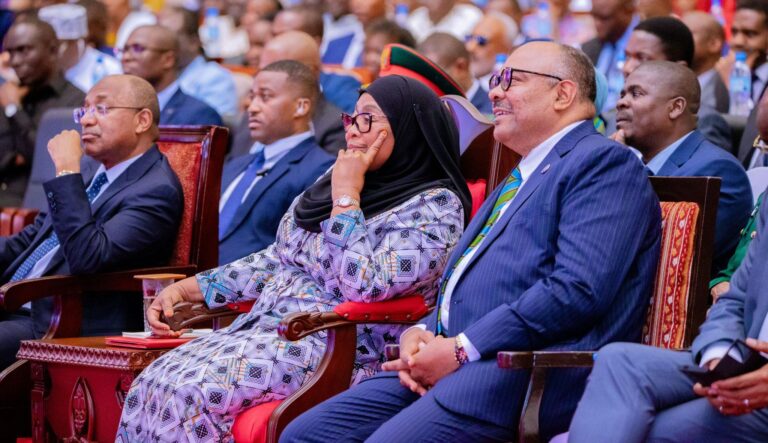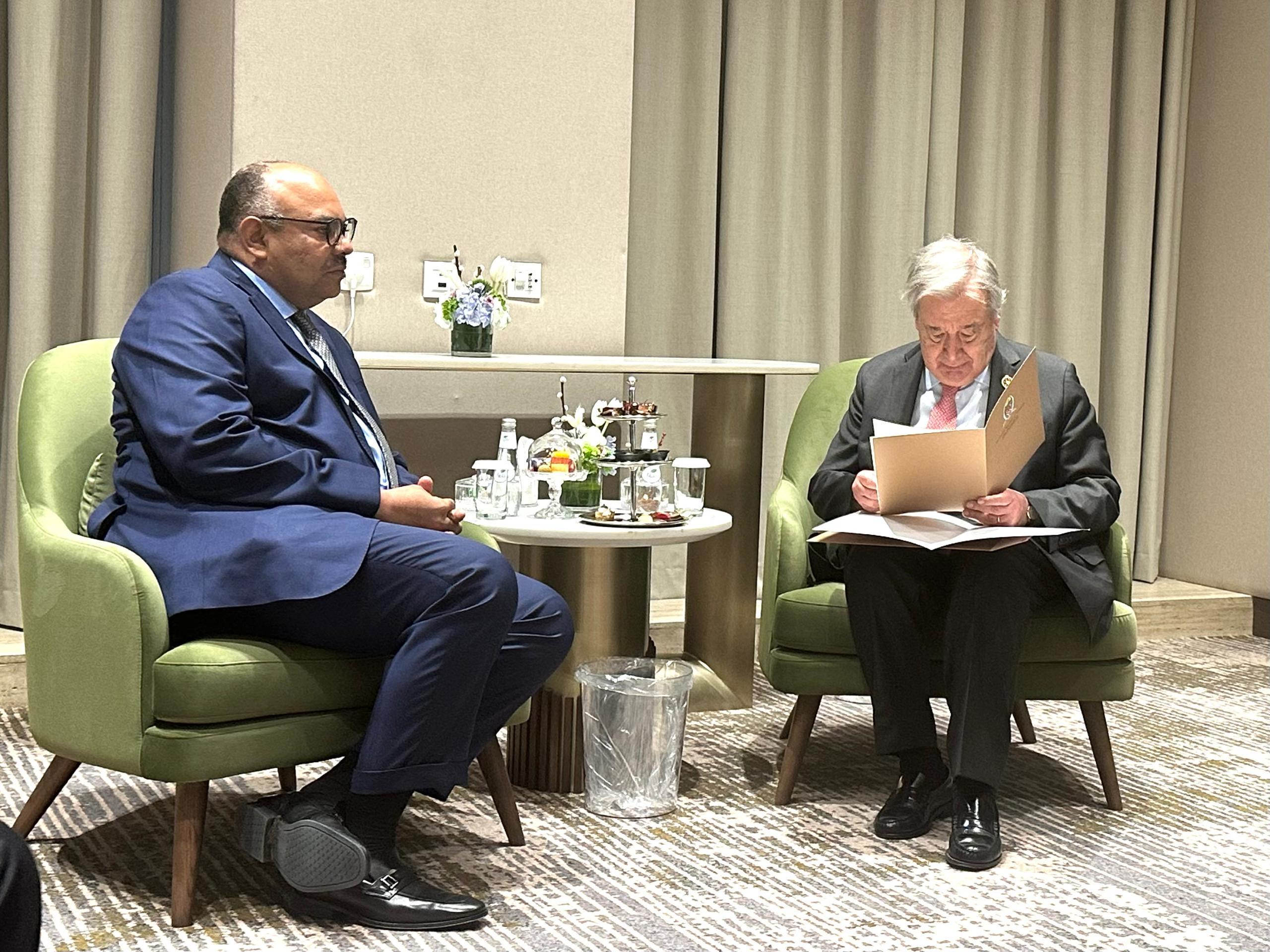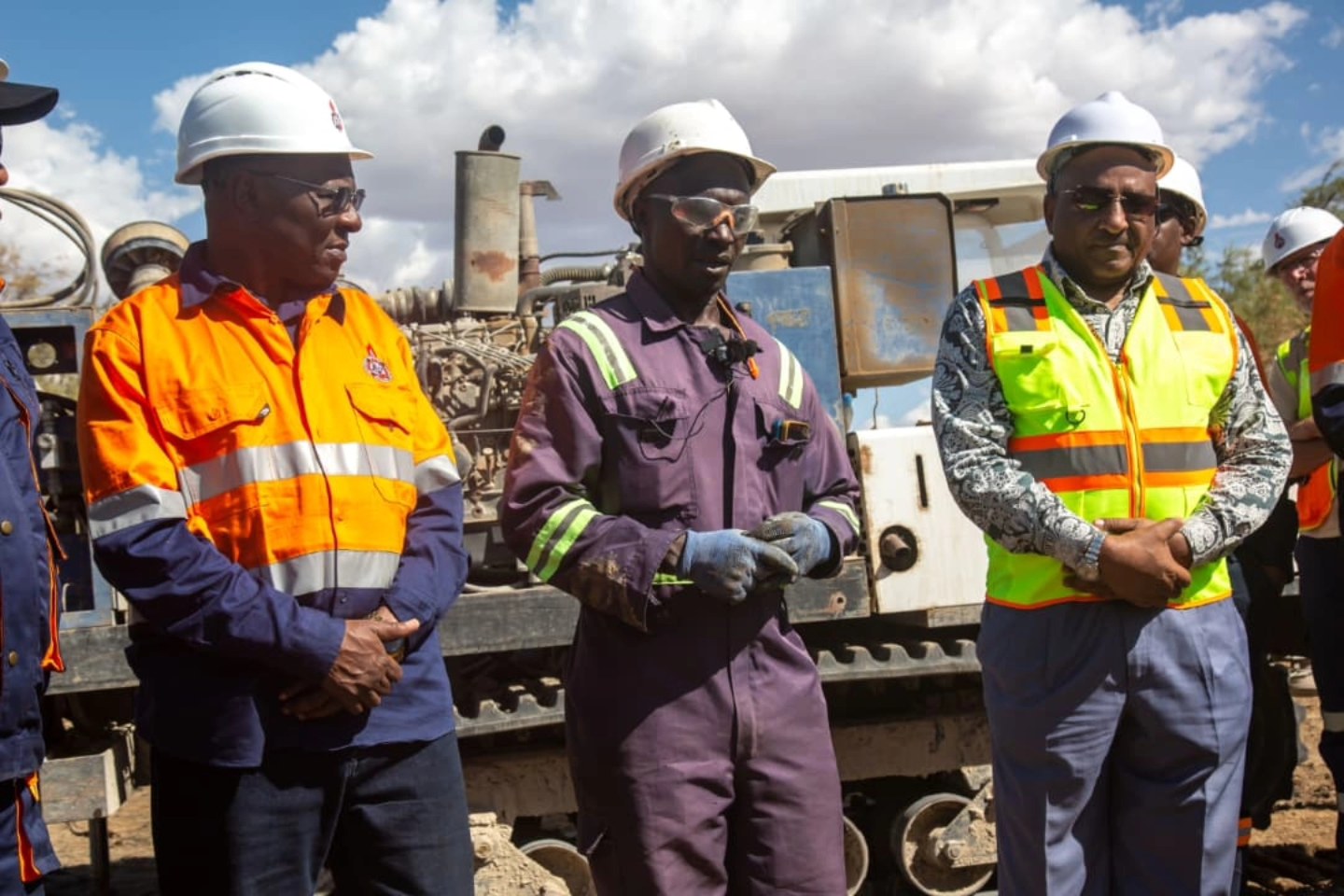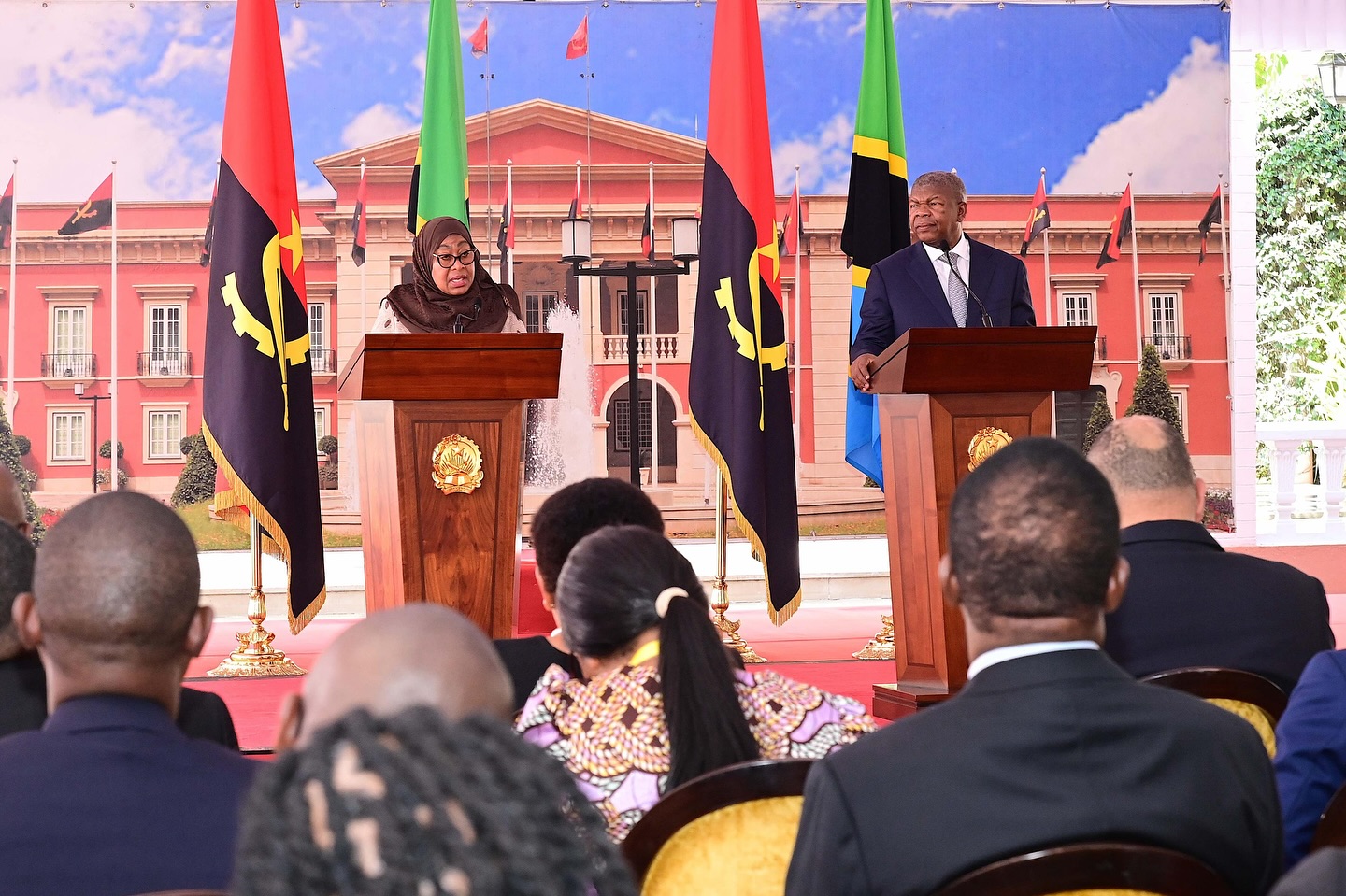Dar es Salaam. President Samia Suluhu Hassan has launched a revised foreign policy that places Economic Diplomacy and Diaspora Engagement at the heart of Tanzania’s international relations strategy.
Unveiled at the Julius Nyerere International Convention Centre in Dar es Salaam on May 19, 2025, the Tanzania Foreign Policy 2001 (2024 Edition) replaces the original framework adopted in 2001.
The revised policy, according to President Samia, reflects the country’s determination to align its foreign engagements with modern global dynamics, regional transformations and national development priorities.
“This revised policy seeks to make diplomacy work for economic development. We want our foreign missions to be instruments of investment promotion, trade facilitation, and showcasing Tanzania’s opportunities to the world,” President Samia told participants at the ceremony.
The ceremony was attended by the President of Zanzibar, Dr Hussein Mwinyi, Cabinet ministers, retired national leaders, diplomats and the politicians.
Economic Diplomacy Reaffirmed
The updated document enshrines economic diplomacy as “a diplomatic activity that promotes bilateral, regional or multilateral relationship based on national economic interests.”
It states that foreign relations must go beyond political goodwill to directly promote Tanzania’s economic development agenda.
“The United Republic of Tanzania’s economic diplomacy aims at strengthening its economic position in foreign relations by optimising utilisation of opportunities emanating from bilateral, regional and multilateral relations,” the policy reads.
It further affirms that the government shall “pursue result-based economic interests in foreign relations,” “collaborate with the private sector,” and “harness historical markets and penetrate new ones.” The policy records notable achievements in this area.
“The country also secured new markets for its products and services within Africa, Asia and the Middle East. This increased export value from $1,766.7 million in 2001 to $ 11,601.4 million in 2022,” it notes.
Diaspora as Strategic Partners
Equally prominent in the revised policy is the call to systematically engage the Tanzanian diaspora as key players in the nation’s development efforts.
The document defines diaspora as Tanzanians or persons of Tanzanian origin residing abroad who “maintain patriotism to their homeland.”
“Diaspora are essential partners in national development,” it affirms, adding that “the government institutionalised diaspora issues under the ministry for Foreign Affairs to ensure their effective engagement and participation in national development.”
To reinforce this commitment, the policy outlines plans to “facilitate diaspora needs including granting Special Status to Tanzania Non-Citizen Diaspora,” “formalise modalities of engaging diaspora to support national development agenda,” and “ensure availability of quality diaspora demographic statistics.”
It also encourages diaspora to “own the national development agenda, promote good image of the URT outside the country and support the drive to foster trade, investment, tourism and culture.”
A Forward-Looking Policy
The policy is grounded in a vision of “a secure, competitive, and prosperous United Republic of Tanzania,” with a mission to “facilitate and promote the United Republic of Tanzania’s economic, social, and political development through effective diplomacy.”
It is also designed to be adaptive. “To keep up with global dynamics, the Policy will be reviewed as deemed necessary,” the document states.
Among its twelve thematic focus areas, the policy highlights economic diplomacy, diaspora engagement, regional integration, multilateral cooperation, and resource mobilisation—particularly the use of non-traditional instruments such as diaspora bonds and green financing.
Implementation and Coordination
President Samia said the Ministry of Foreign Affairs and East African Cooperation will remain with the lead role in coordinating the implementation of the policy.
President Samia said the government will ensure improved institutional coordination, resource mobilisation, stakeholder involvement and full involvement of other ministries to ensure effective execution.
“Inclusive and efficient resource mobilisation requires the identification and optimal utilisation of personnel, technology, and capital,” the policy notes.







